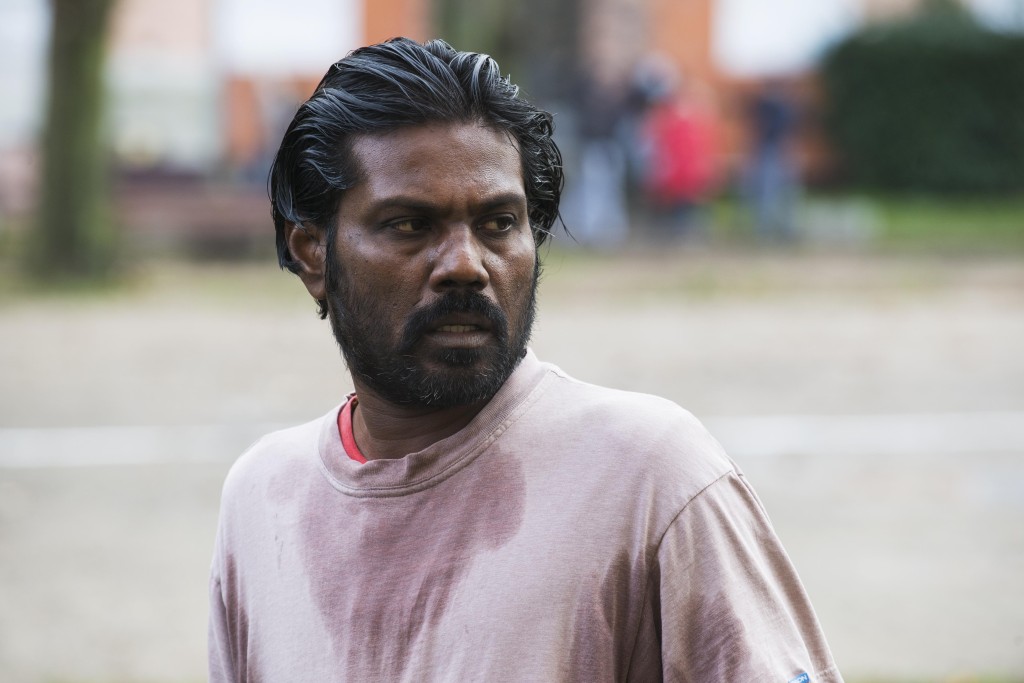Cannes: Dheepan review
 Jacques Audiard has taken a somewhat surprising change of direction after the melodramtic romance of Rust and Bone, opting for a largely Tamil-language immigrant drama for his follow up. More surprising is how the film reaches towards social realism, before ultimately spinning out of control into something more akin to Death Wish 3.
Jacques Audiard has taken a somewhat surprising change of direction after the melodramtic romance of Rust and Bone, opting for a largely Tamil-language immigrant drama for his follow up. More surprising is how the film reaches towards social realism, before ultimately spinning out of control into something more akin to Death Wish 3.
The film, named after its male lead character, Dheepan, begins with three unrelated people attempting to flee Sri Lanka on a family’s stolen passports. Dheepan (Jesuthasan Antonythasan) is joined by Yalini (Kalieaswari Srinivasan), who poses as his wife, and the orphaned Illayaal (Claudine Vinasithamby), who plays the part of their child.
These three make their way to France, where they are sent to stay in a housing estate controlled by a local gang of drug dealers. The immigrants make effort to settle in and make a home, with the two adults taking jobs and, gradually, engaging with other people on the estate. There is always, however, a creeping threat of violence all around them, as gang members patrol the rooftops, and later decide to stop and search anybody coming in and out of the estate.
Audiard pushes rather hard on this idea that one war zone has been switched for another, so much so that the film becomes rather difficult to just take in stride. This isn’t a melodrama in the sense of Rust and Bone, but it certainly pushes credulity in the same way.
The reason this tone becomes an issue is because it works against Dheepan‘s other, obvious aspirations to social realist drama. The audience are invited to care about these characters and their struggles because they are presented with a sense of being real life dramas, except they then never feel at all real.
Antonythasan and Srinivasan are admittedly both excellent in their respective roles, bringing a warmth and relatability that is lacking elsewhere, but all of the supporting characters in Dheepan are more like caricatures than real people, and as the film reaches its daft climax their behaviour becomes increasingly like something one might see in a straight-to-DVD gangster picture.
Nonetheless, there’s a lot to enjoy, and Audiard, working from a script he co-wrote with Thomas Bidegain and Noe Debre, finds some rather touching moments between Dheepan and Yalini. These might have even been the basis for something more emotionally engaging had Audiard not, as he seems to have done regularly on this project, lost his interest.
Dheepan is filled with noble intentions and features a couple of fine performances before coming completely unstuck in its highly strung and utterly ridiculous ending, and then flapping away in the wind with a rose tinted and even dafter coda. In the final balance, this is a lightweight, uneven and entirely forgettable film that does little to engage with its audience or illuminate its a subject.